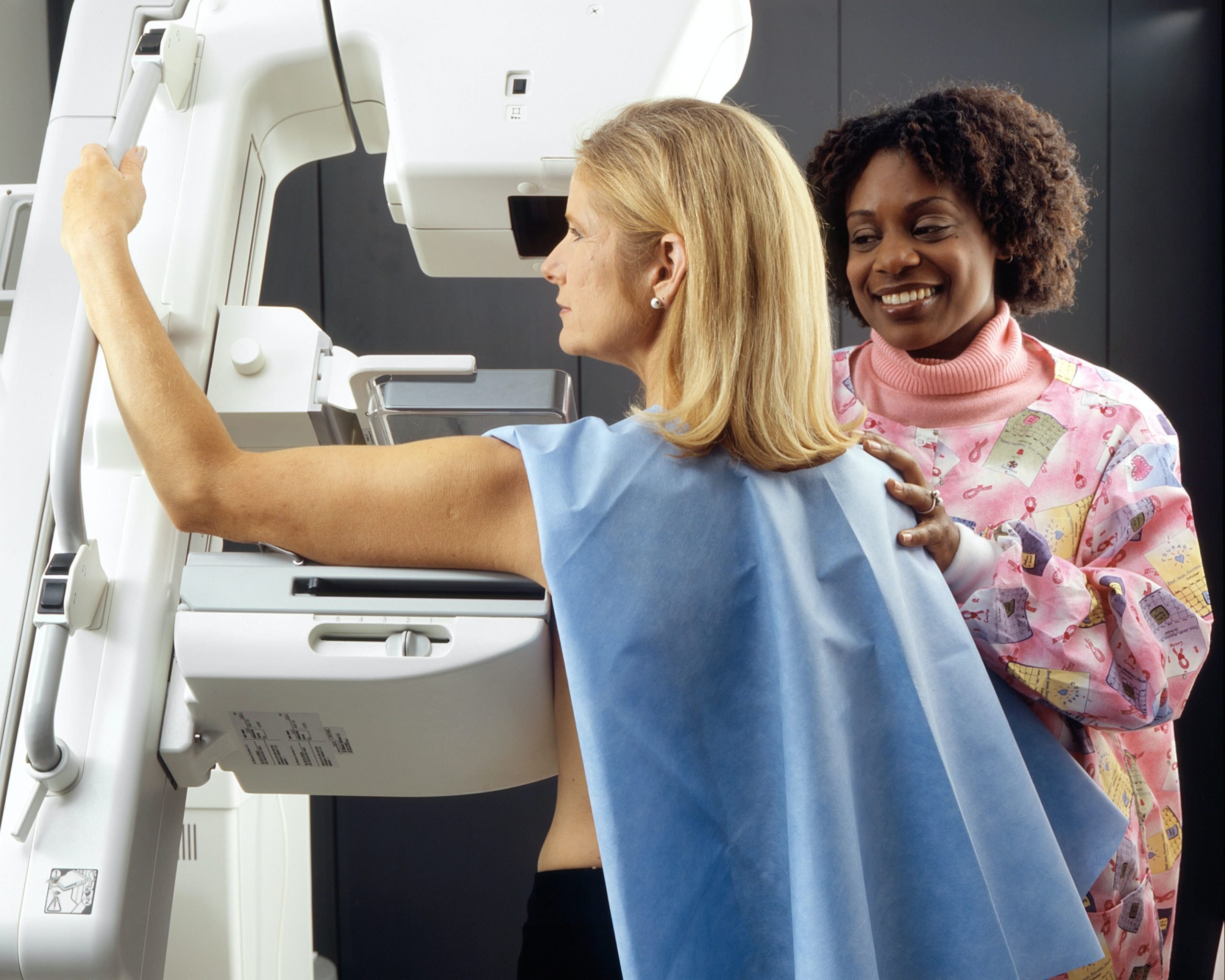Kaspersky Lab has developed chips that simulate the functioning of the human brain with minimal power consumption and high speed. The company plans to use neuromorphic chips to boost artificial intelligence.
As Andrey Lavrentyev, head of the department of advanced technologies at Kaspersky Lab, said in an interview with RIA, artificial intelligence now works mainly on graphics chips (GPU) with tensor cores.
According to the senior manager, these chips not only have advantages, but also disadvantages compared to human intelligence. Therefore, the company began to develop neuromorphic chips that come as close as possible to the performance of the human brain.
The first advantage of a neuromorphic chip over a GPU is lower power consumption while maintaining computing power. Lavrentyev said the Kaspersky chip consumes 4 milliwatts, while the GPU consumes kilowatts and megawatts of power.
“The neuromorphic chip performs calculations thousands of times more energy efficient than a GPU. With it you can solve the problem of the same drone or robot using a single watch battery,” Lavrentyev added.
The second advantage of the new chip is speed: “The neuromorphic chip, when used with a neuromorphic camera, can now count the grains of sand that fall into an hourglass, or the raindrops that fall on glass.”
According to a Kaspersky Lab representative, the neuromorphic camera’s neuromorphic processor can process 1,250 frames per second.
A possible field of application for this function is traffic control on roads. However, for widespread use of the technology, neuromorphic cameras must be cheaper than they are now.
The company is currently looking for partners and customers to develop pilot projects using neuromorphic chips, as well as microelectronics manufacturers.
Kaspersky Lab invested in the development of processors that simulate the functioning of the brain in June of this year. The company then acquired 15% of developer Motive Neuromorphic Technologies.
Photo: Unsplash
Author:
Akhmed Sadulayev
Source: RB
I am a professional journalist and content creator with extensive experience writing for news websites. I currently work as an author at Gadget Onus, where I specialize in covering hot news topics. My written pieces have been published on some of the biggest media outlets around the world, including The Guardian and BBC News.











